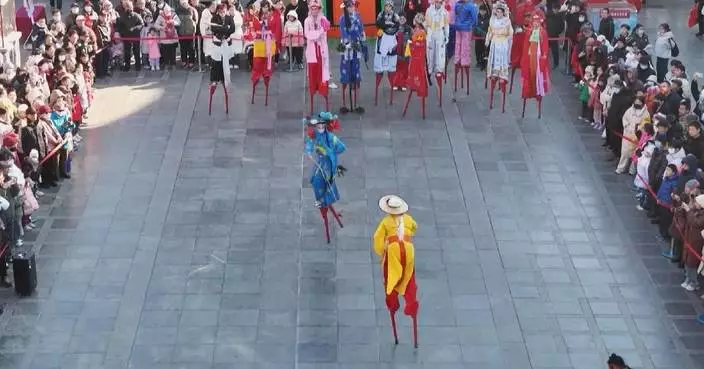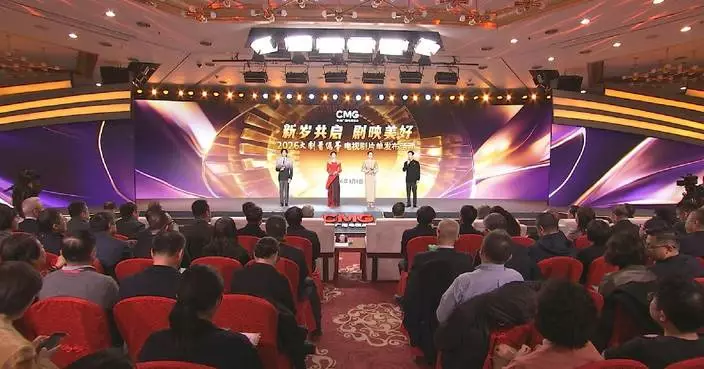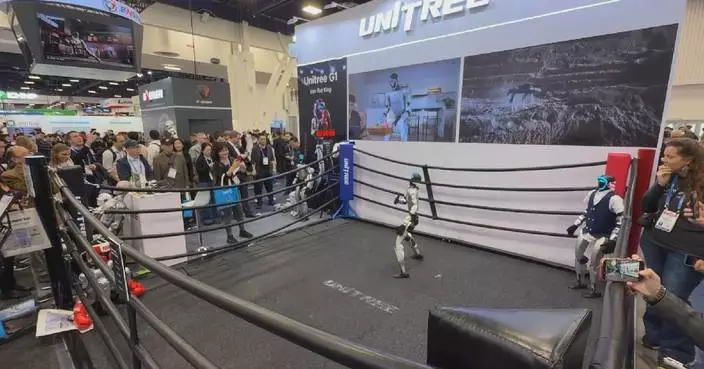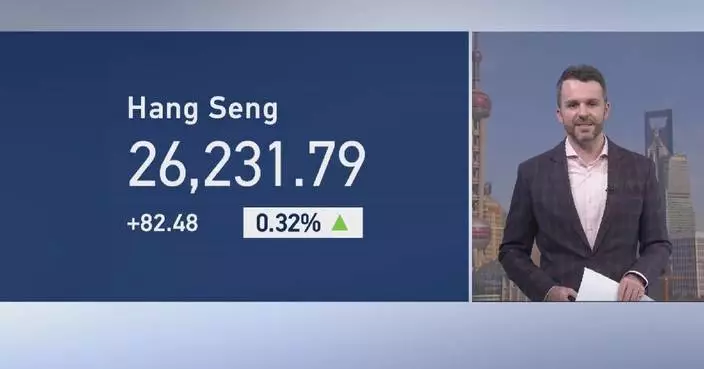A special team of volunteers, known as the "odor inspectors", is busy sniffing out problems in Jiaxing City in east China's Zhejiang Province to promote local environmental protection.
Organized by the local ecology and environment department, this group of volunteers from all walks of life visited a chemical factory in a industrial park to do a simple yet special task: smell for odors.
"To address public concerns over our chemical companies, we've organized a team of 'civilian odor inspectors' as part of our public engagement efforts. These inspectors are invited to the companies to literally use their noses to detect odors. The 'nose standard' complements the existing national emission standards, helping enterprises to reduce unpleasant odors, enhance their environmental management, and ultimately improve the overall environmental quality of the park," said Cheng Xiaoxia, deputy director of Zhapu Economic Development Zone Branch of Jiaxing Municipal Ecology and Environment Bureau.
The "civilian odor inspector" initiative has been well received by locals, who actively volunteer to promote public understanding of environmental protection.
Meanwhile, enterprises have tightened production standards based on community feedback and oversight, advancing both industrial upgrades and environmental governance.
Public satisfaction with environmental improvements has grown. This initiative has created positive interaction among the public, the government, and the enterprises.
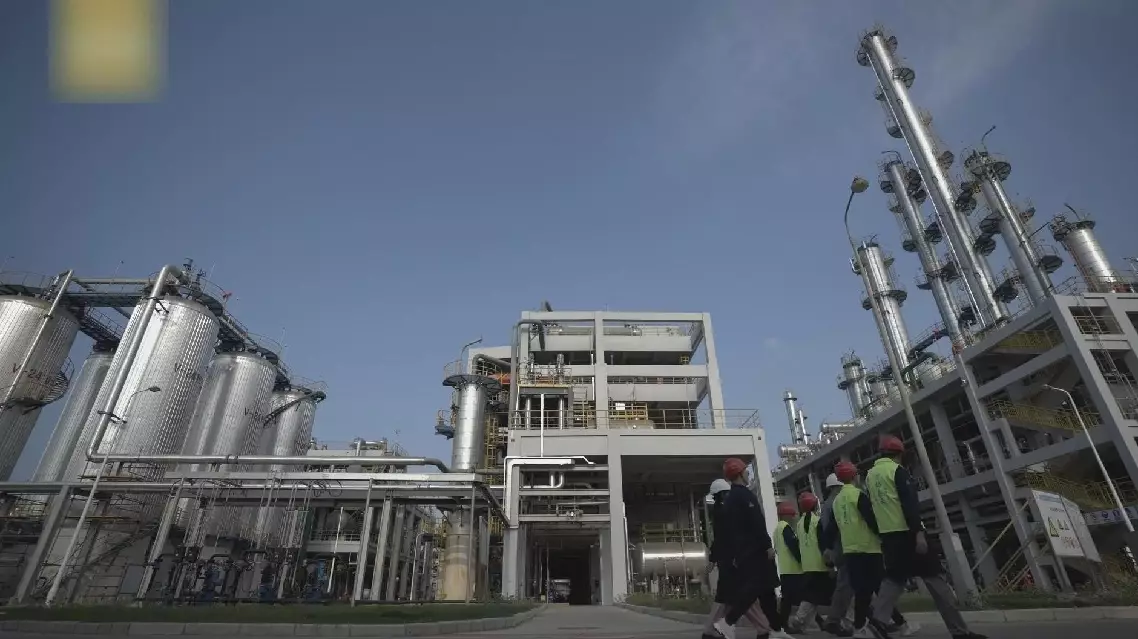
"Civilian odor inspectors" in action for environmental protection in China's Zhejiang
Officials from the European Union (EU) and Finland have voiced concerns after the White House said it has been discussing "a range of options" to acquire Greenland, including the use of the military.
EU foreign policy chief Kaja Kallas told a press briefing in Cairo on Thursday that the message from the U.S. is "extremely concerning," and "not really helping the stability of the world."
Kallas called on all parties to stick to international law, adding that relevant response measures has been discussed among EU members.
"The international law is very clear, and we have to stick to it. It is clear that it is the only thing that protects smaller countries, and that is why it is in the interest of all of us. And we discussed this today, as well, that we uphold the international law on all levels," she said.
Finnish Foreign Minister Elina Valtonen on Thursday described recent remarks by U.S. President Donald Trump and members of his administration on Greenland as "worrying," while reiterating Finland's support for Denmark and Greenland's right to self-determination.
"Finland and the other Nordic countries have exceptional expertise in Arctic conditions, and we are happy to make use of that together with our North Atlantic Treaty Organization (NATO) allies to strengthen Arctic security, but it cannot be done by threatening allies," she said at a press conference at Finnish parliament after an extraordinary meeting of the parliamentary Foreign Affairs Committee.
Johannes Koskinen, chair of the Foreign Affairs Committee, said it was "unprecedented" for threats of violence to be made within NATO against another member in connection with seizing territory, adding that such threats run counter to the United Nations Charter and that their inconsistency with international law should be underscored at all levels.

EU, Finnish officials express concerns over US remarks on Greenland




